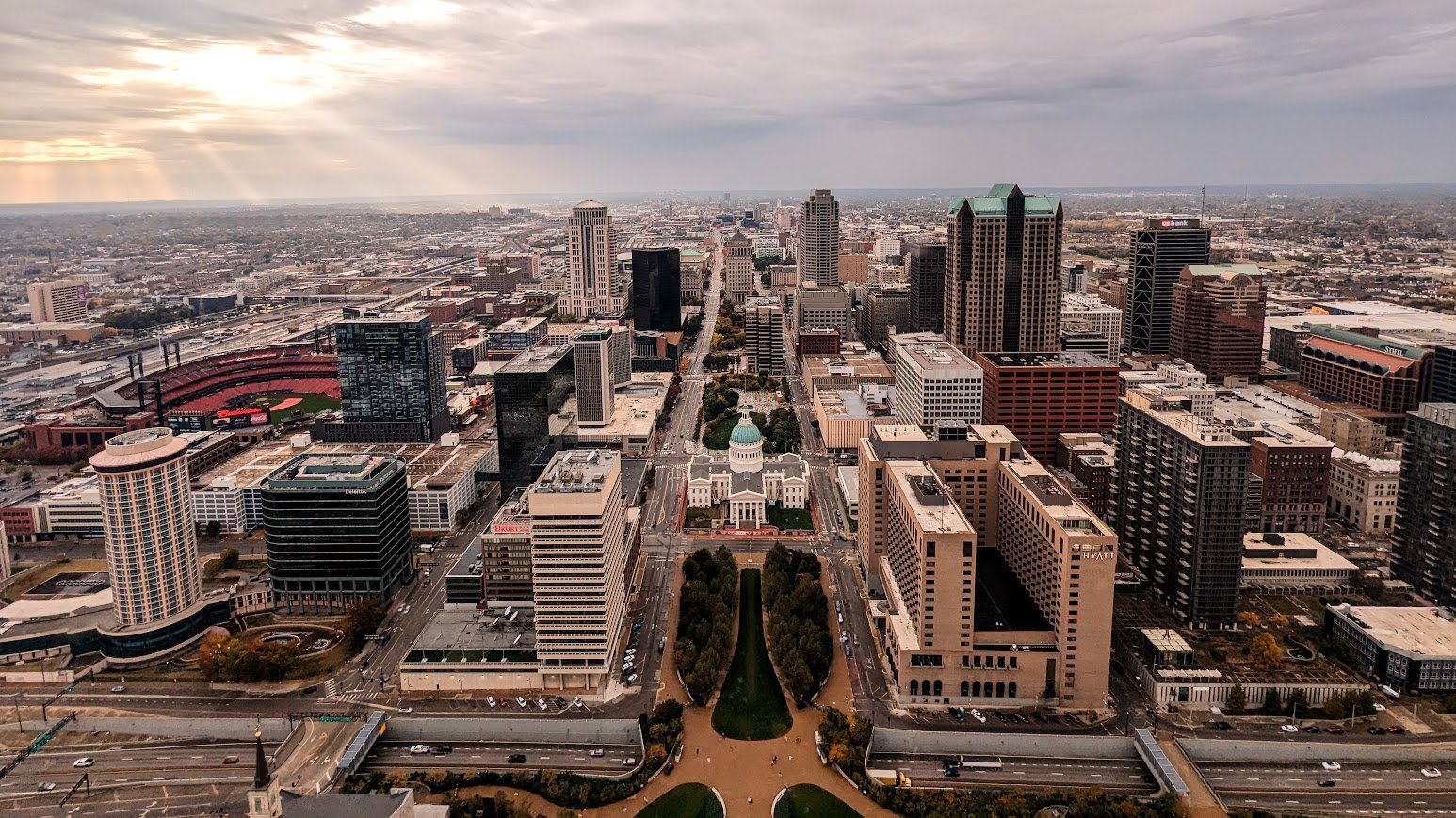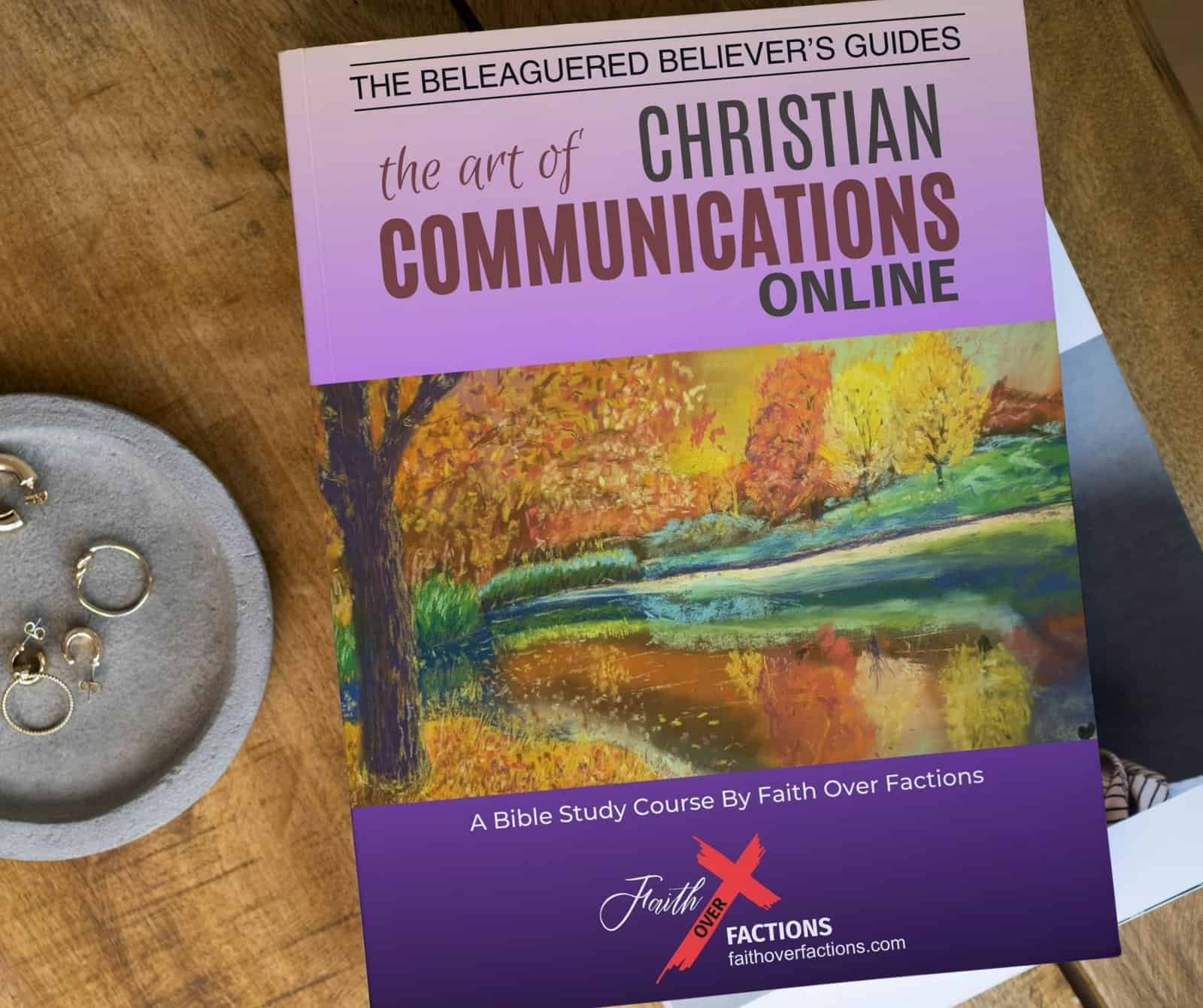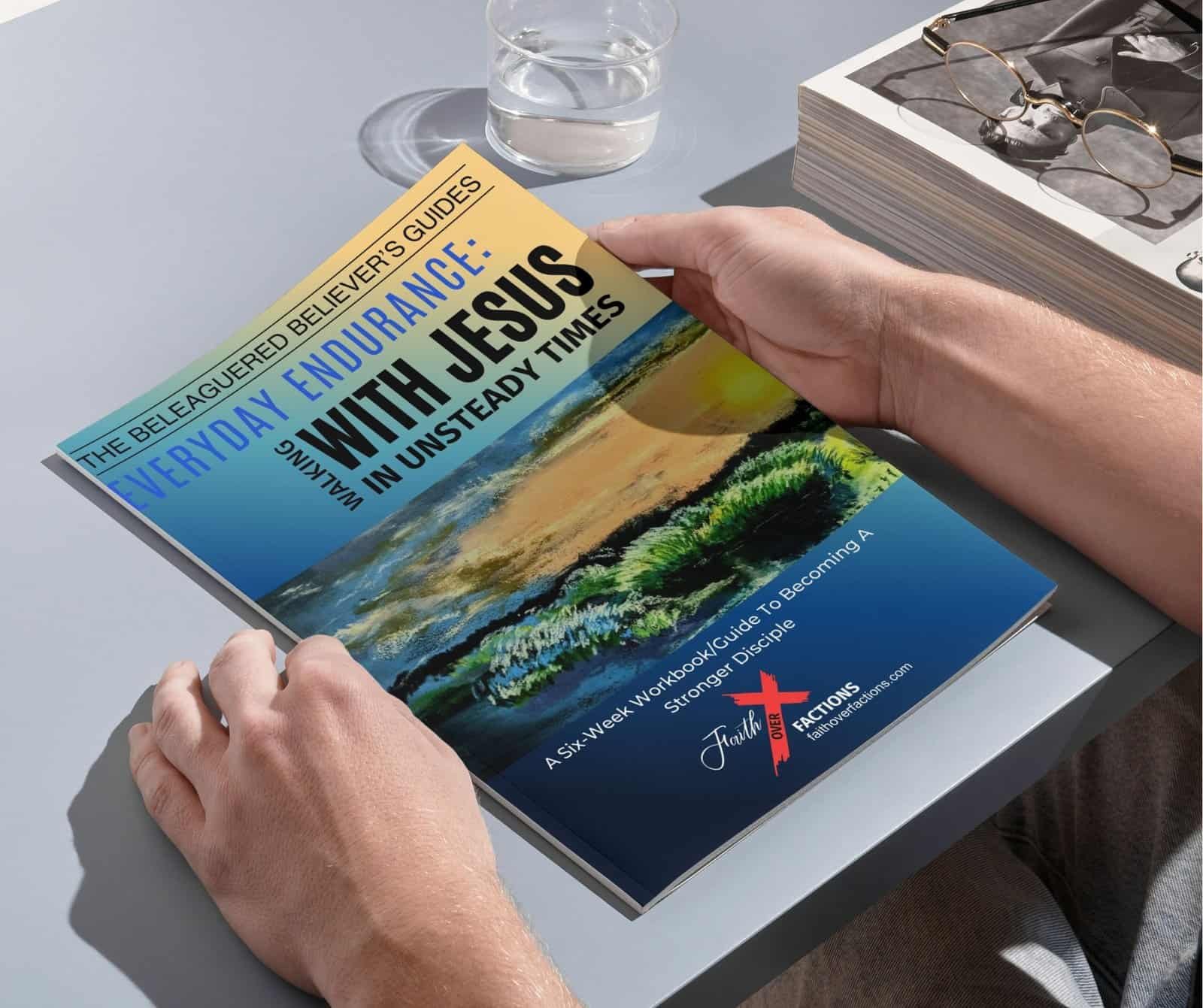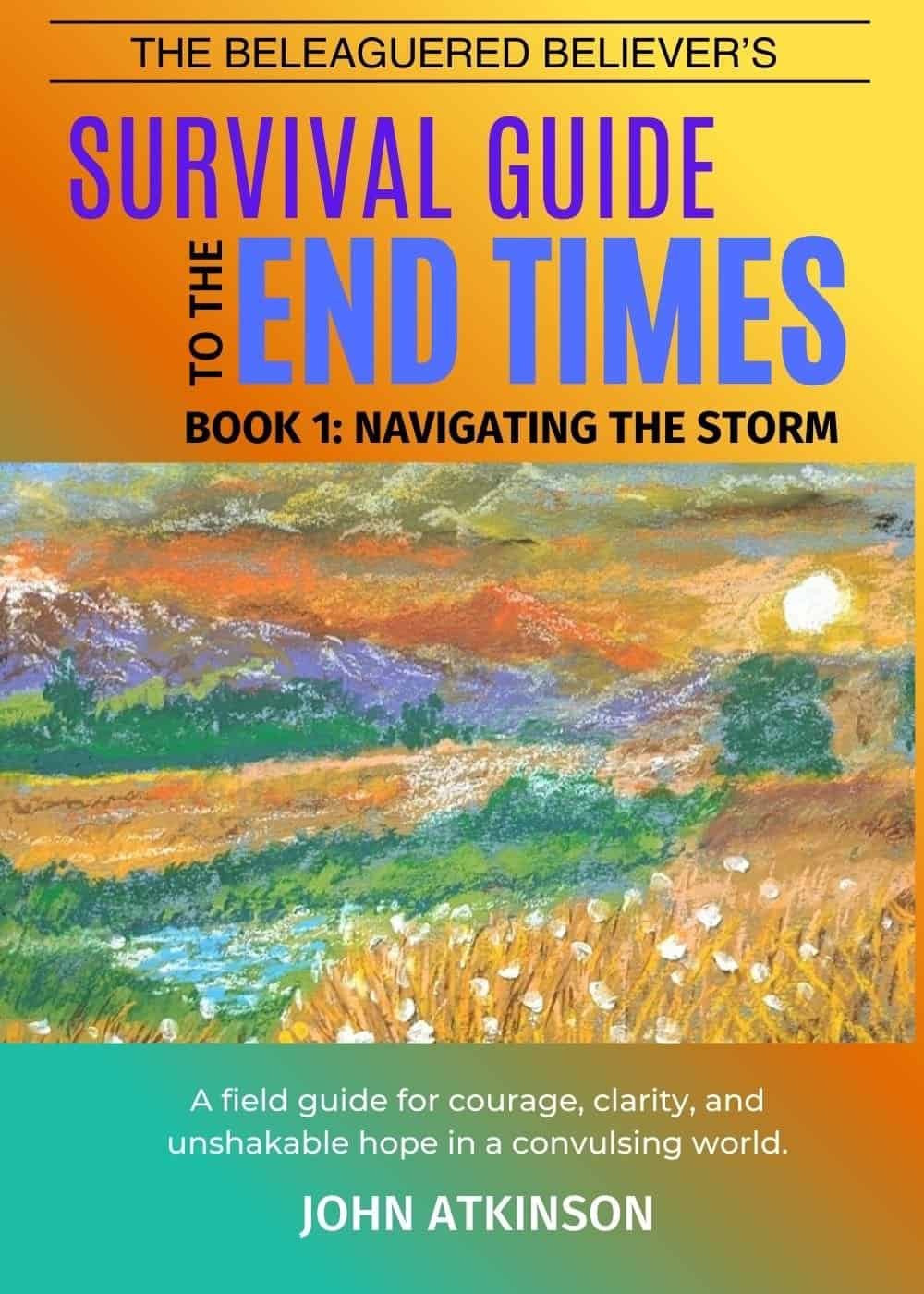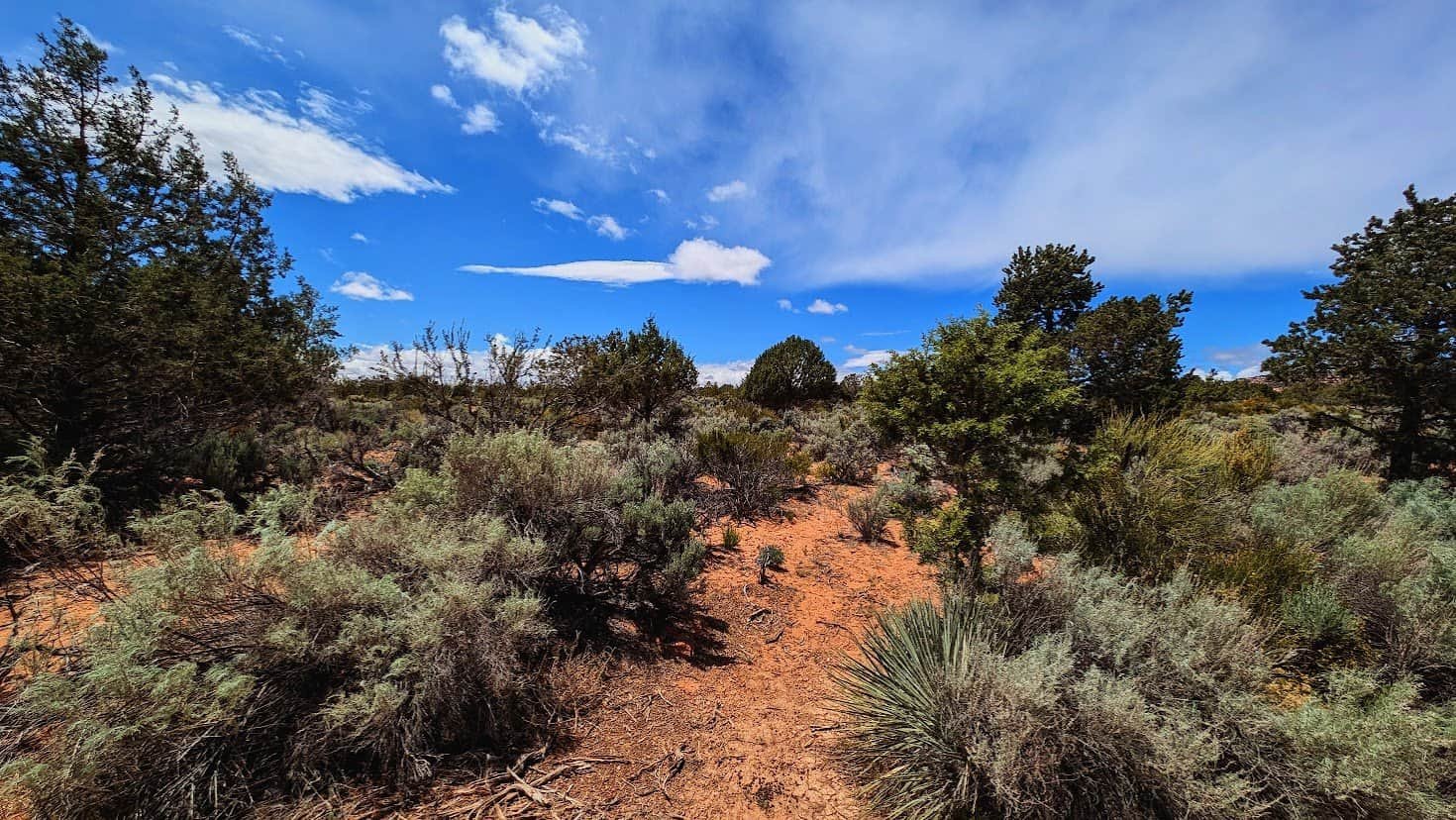
I was sitting here looking at the broken Keurig with its loaded Pumpkin Spice pod that could’ve been a freshly made cup of wonderful. Both the used coffee maker and the coffee were gifts, thanks mom, baby brother. I caught myself thinking, “Well, that gives me an excuse to get a new, cooler one.”
And that’s when God spoke deep inside:
“Dude, if you have a hundred bucks for a coffee machine, you have a hundred bucks for the food bank.”
I sat there staring at the thing, realizing how quickly comfort disguises itself as need. So I reached for my Producto de México instant coffee—it’s cheap, and I love it. That’s how I’ll roll. But as I stirred it in, I realized something deeper: maybe what God wants from us right now isn’t new stuff. Maybe He’s asking us to start giving again, not when it’s easy, but when it actually costs something.
Anchor in the Word
Key Scripture Verse
“Don’t forget to do good and to share with those in need. These are the sacrifices that please God.”
Hebrews 13:16, NLTKey Scripture Context
This verse comes near the end of the Letter to the Hebrews, where the writer reminds believers that faith isn’t confined to worship or ritual—it’s proven in daily life. The audience was weary, living under pressure, tempted to retreat into private belief and self-preservation. The writer pushes them outward: Remember the prisoners. Remember the poor. Remember that worship without compassion is empty.
The “sacrifices” mentioned here aren’t burnt offerings, but acts of mercy. In Christ, love itself became the altar. Every shared meal, every gift given for someone else’s survival, becomes a sacred offering.
Even now, that call still rings. When we give in hard times—when generosity costs something real—we join the same living faith that Hebrews was written to defend: a faith that proves its reality through love.
What We’re Facing
We’re living through a time where cruelty has been packaged as policy and sold as righteousness. SNAP benefits, the only safety net for millions—were pulled outright by an unjust administration. We all know this. But now we need to let it sink in. Families who already have nothing are left with even less guring not only during the holidays but winter as well.
And even now as those benefits return, the damage will linger. Prices don’t go back down. Paychecks don’t suddenly get bigger or stretch further. Food banks keep fighting to fill the gap with fewer donations and longer lines. The crisis doesn’t end when the headlines fade—it just keeps wearing people down quietly, meal by meal.
Meanwhile, the consumer machine hums along, whispering that we deserve comfort because life is hard. But every unnecessary thing we buy while someone else goes hungry is another vote for the world as it is—and against the one God longs for and would have us create. The people trying to take the country for Christ through power and politics really don't get it. True Christianity has never been a top-down movement. It's always been a neighbor-serving-neighbor movement.
Then and Now
Jesus once watched a widow drop two coins into the temple treasury and told His disciples she’d given more than anyone else (Mark 12:41–44). He wasn’t glorifying her poverty. He was honoring her trust—her choice to love God more than she feared tomorrow.
Dietrich Bonhoeffer wrote that “the church is only the church when it exists for others.”¹ He meant it. He lived it. His generosity wasn’t about money; it was about laying down his privilege, his comfort, even his safety, so truth and love could live.
Every time we give in a way that costs us something, we join that same quiet resistance. It’s how the kingdom moves—one small, defiant act of love at a time.
Theological Truth in Plain Language
Sacrificial giving isn’t charity. It’s solidarity. It’s seeing your neighbor’s hunger as your own. It’s refusing to call luxury “blessing” when others can’t eat.
Bonhoeffer wrote in Life Together that true community only forms when we bear one another’s burdens.² Giving is part of that bearing—it ties our lives together in defiance of a world built to keep us separate.
God Himself gave until it hurt—“He did not spare even his own Son but gave him up for us all” (Romans 8:32). Radical giving isn’t about guilt; it’s about stepping into that same current of divine generosity. It’s saying, “I trust that love will be enough.”
Practical Moves of Faith
1. Give what you were going to spend.
If you were ready to drop money on something you don’t need—a coffee maker, a gadget, a night out, even a holiday gift. Give it in their name and congratulate them on what an awesome person they are. Punch in those same numbers and send them to your local food bank or assistance charity that interfaces directly to the need. You don’t need a movement. Just obedience.
2. Let giving interrupt your comfort.
If it doesn’t pinch a little, it’s probably not the kind of giving that changes anything. The world doesn’t need spare change; it needs changed hearts. Give like it's your child whose hungry or cold.
3. Give beyond belief lines.
You don’t have to share someone’s religion to share their humanity. When a Christian, a Muslim, a skeptic, and anyone with a conscience all feed the hungry together, that’s what real unity looks like.
4. Let generosity become prayer.
Every act of giving can be a prayer and act of worship—quiet, powerful, and seen by God. It is an acknowledgement of the image of God that is each of us. Say a name. Whisper a blessing. Let your dollars carry your love where your words can’t.
Prayer Prompt: Lord, make me restless until my giving reflects Your heart. Turn my comfort into someone else’s answered prayer.
What Sacrificial Giving Does for You and the World
Giving that costs something doesn’t just bless others—it reshapes you. Real generosity changes every realm of life:
Mental – Acts of giving release endorphins and oxytocin, the “feel-good” chemicals that reduce anxiety and lift mood. The brain is wired to reward compassion.
Physical – Studies show generous people have lower blood pressure, better immune response, and reduced chronic stress. The body responds to kindness with healing.
Spiritual – Sacrificial giving aligns your heart with God’s nature. It shifts focus from scarcity to trust, deepening your prayer life and sense of purpose.
Communal – Every gift strengthens invisible threads between people. It builds empathy, breaks isolation, and restores dignity to giver and receiver alike.
- Political – Every act that sends resources directly to one another instead of through systems of exploitation weakens the grip of power. Shared generosity becomes a form of peaceful resistance, shifting leverage back to the collective voice of conscience.
When you give, you don’t just meet a need—you participate in a divine economy where everyone is richer for it.
More Light for the Journey
Each passage below shines on what happens when generosity becomes more than a gesture—when it turns into a way of life:
- Proverbs 19:17 (NLT) – “If you help the poor, you are lending to the Lord—and he will repay you!”
Every gift becomes a direct investment in God’s kingdom economy, where nothing given in love is ever lost. - Luke 6:38 (NLT) – “Give, and you will receive. Your gift will return to you in full—pressed down, shaken together to make room for more, running over, and poured into your lap.”
True giving multiplies, not in our wallets but in the widening circle of grace it creates. - Galatians 6:2 (NLT) – “Share each other’s burdens, and in this way obey the law of Christ.”
This is community at its purest: the weight of one becomes the strength of all. - 2 Corinthians 9:10 (NLT) – “For God is the one who provides seed for the farmer and then bread to eat. In the same way, he will provide and increase your resources and then produce a great harvest of generosity in you.”
God’s provision doesn’t stop with supply—it continues until generosity becomes our nature.
Let’s Walk This Out Together
This isn’t about politics. It’s about people. It’s about compassion strong enough to outlast policy shifts, shutdowns, or administrations.
One small act of unity by people of conscience—across every faith and none—could begin a chain reaction of healing. Buy life for someone else this season. That’s it. One simple, sacred act of love. Love with impact that flows every region of your life.
Maybe this is how we show God that we can still come together, not around power or ideology, but care.
Who needs a new coffee maker anyway?
Journaling Prompts:
When was the last time I gave something that truly cost me?
Prayer Prompt: Lord, show me where comfort has replaced compassion. Give me courage to give until it transforms both the receiver and me.How could I turn my next impulse purchase into a prayer for someone else?
Prayer Prompt: Spirit of wisdom, interrupt my habits before I spend without thinking. Let every decision become a doorway to generosity.Who near me is quietly struggling that I’ve overlooked?
Prayer Prompt: Jesus, open my eyes to the hidden needs around me. Help me to see the faces behind statistics and respond with mercy.What might happen if people of all faiths gave together as an act of love?
Prayer Prompt: God of all nations, teach us to work as one. Let shared compassion speak louder than division, until love becomes our common language.
Footnotes:
Dietrich Bonhoeffer, Letters and Papers from Prison (New York: Touchstone, 1997).
Dietrich Bonhoeffer, Life Together (New York: HarperOne, 1954).
Do it Right Now
If this reflection stirred something in you, don’t wait—put love into motion today. Use the link below to find a local food bank and help a neighbor right where you are.

